These Are the Only 3 Skincare Ingredients Experts Say We Actually Need
When it comes to shopping for skincare, it's easy to become overwhelmed. First of all, the sheer amount of skincare products that all promise to do the same thing can make for difficult decisions. But before you even get to that stage, one of the most confusing things about shopping for skincare is trying to decipher exactly what sort of product your skin needs.
We know that every person's skin is different. It, therefore, makes sense that for years we have been told that each individual needs a different skincare routine. And for the most part, that's not wrong. While varying skin characteristics mean that some people require different levels of active ingredients, experts warn that really every single person should have three basic skincare ingredients present in their line up. Consultant dermatologist Anjali Mahto, BSc, MBBCh, FRCP reveals, "Less is more. Complex skin routines and mixing multiple active ingredients can lead to irritation. You can curate your own pared-back routine by picking skincare items wisely."
So what exactly are these three ingredients we shouldn't be without? "The basics of any good skincare routine should include an antioxidant serum and sunscreen in the morning and a retinoid product at night," says Mahto. Sound intriguing? Keep scrolling for all there is to know about skincare's three essential ingredients and to shop the best products.
Antioxidant or Vitamin C

You'd be forgiven for assuming that vitamin C is little more than a citrus-smelling, skin brightening additive. With certain formulas smelling pungently of orange and being housed in bright orange, fun-looking pots, it's all too easy to not take the power of vitamin C in your skincare seriously. As a matter of fact, vitamin C is one of the most powerful antioxidants and can lead to the most incredible results, providing it is used correctly.
"Vitamin C has a number of roles alongside being an antioxidant. It is a brightening agent, an anti-inflammatory and also required for the synthesis of collagen, which gives our skin its important structure," says Mahto. However, although it's an important ingredient to incorporate into your regimen, it's also vital that you listen to your skin. Vitamin C can be very potent and some stronger formulas may cause sensitive skin to flare up. As with all skincare, if irritation occurs, be sure to stop using it.
Shop Vitamin C Products
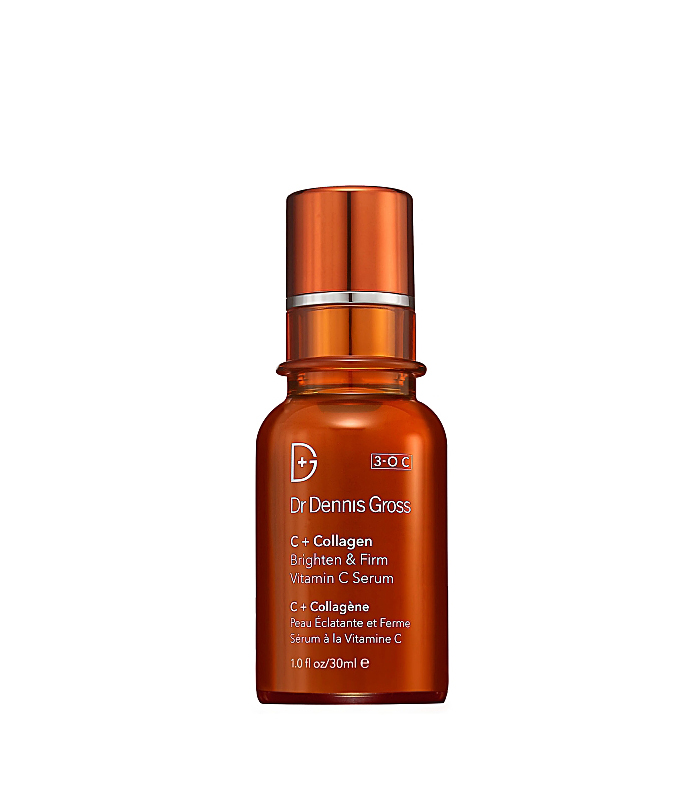
Not only does this serum contain a healthy dose of vitamin C, but it is also formulated with collagen amino acids and niacinamide to strengthen and brighten the skin with minimal irritation.
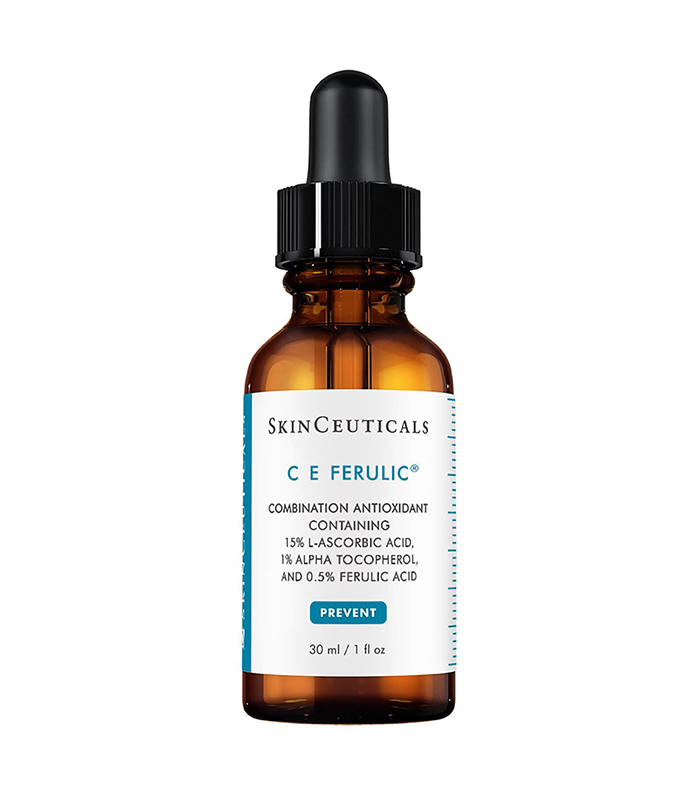
It might be £140, but this potent serum is highly regarded as just about one of the best vitamin C products available. Loved by an array of celebrities, not only does it work to brighten, but it also helps to diminish signs of ageing.
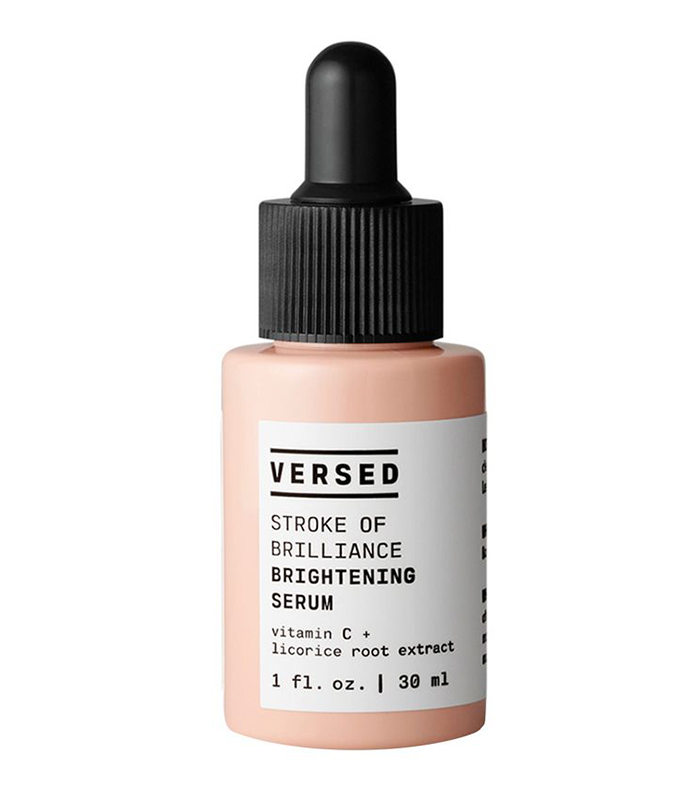
For the affordable price tag, this vitamin C serum is seriously good. In fact, it could give some formulas double its price tag a run for their money. With liquorice root and palmaria palmata, it really fights against hyperpigmentation.
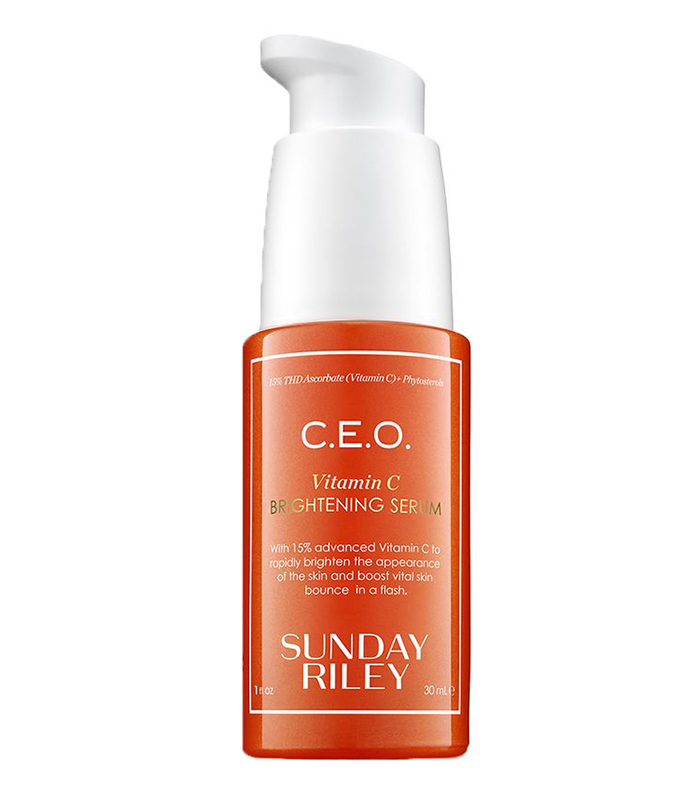
With this powerful serum, you can reap every single benefit of vitamin C and see the antioxidant at its most effective. Not only does skin tone appear more even, but it also brightens, helps reduce the appearance of pores and improves firmness.
Retinol

There's no doubt that you've heard of retinol before. In fact, it has quickly become one of the most popular skincare ingredients out there. Whereas you might have had to look exceptionally hard to find a decent retinol product, now, they’re everywhere. From high-end luxury creams to affordable serums, it’s never been easier to incorporate retinol into your routine. But what exactly does it do?
Mahto reveals, "Retinol (vitamin A) is excellent at blitzing uneven skin tone, large pores, rough texture, wrinkles and dullness as well as clogged pores." Heralded as one of the most efficacious and scientifically backed ingredients in skincare, retinol has incredible resurfacing powers. However, much like vitamin C (but probably more so), retinol means business. It’s often recommended to train up your skin’s tolerance levels. Start off by using retinol once a week in the evening, and then after a few weeks, increase that to twice a week and so on.
Shop Retinol Products
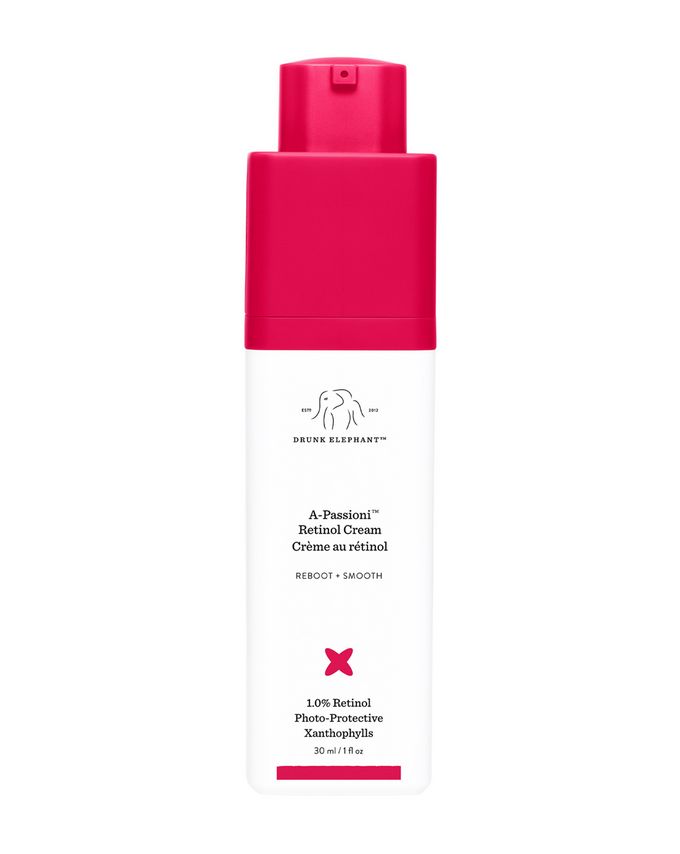
If you're new to retinol, it's best to avoid this one. However, if you've been using retinol for a little while and you're ready to benefit more from it, look no further. This cream is jam-packed with retinol for your smoothest skin yet.
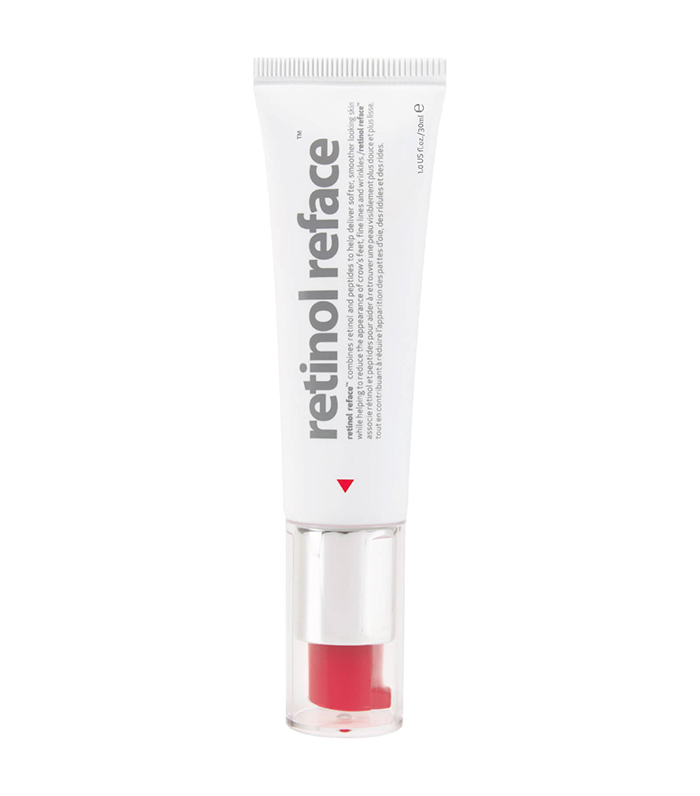
Perfect for those that aren't already using a retinol in their routine, this relatively gentle retinol cream makes skin look brighter and healthier after just one use.
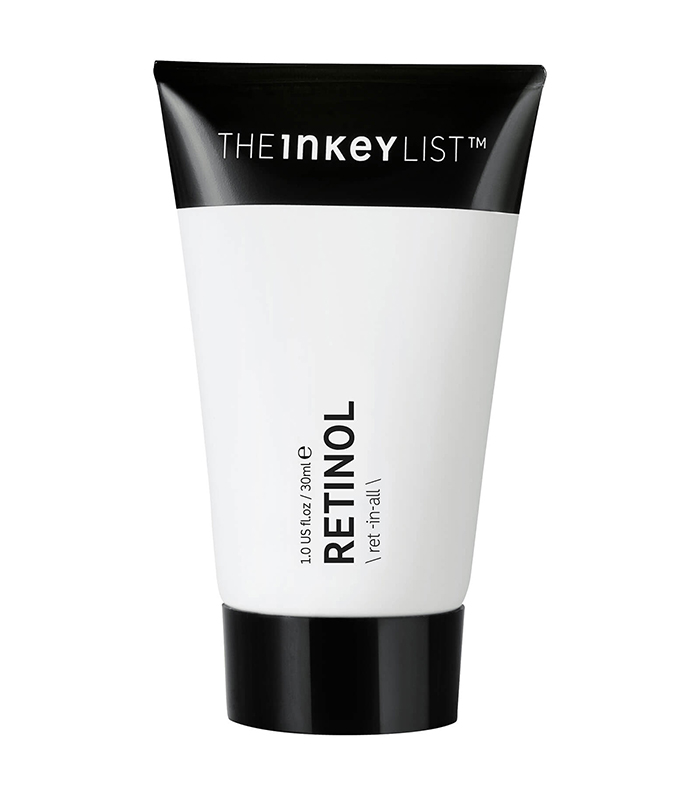
The most wonderful thing about this particular serum is that it's only £10. Whereas so many other retinol products come with hefty price tags, this stuff is affordable and effective.
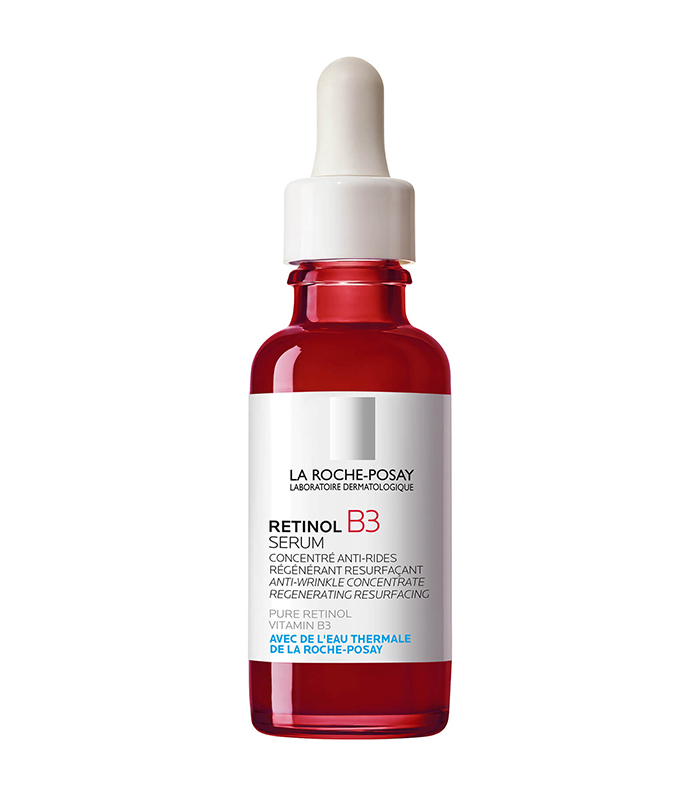
If you already have dry, dehydrated skin and you're concerned about incorporating a retinol into your regimen, this is a great option. Specifically formulated for dry skin, you can expect minimal sensitivity.
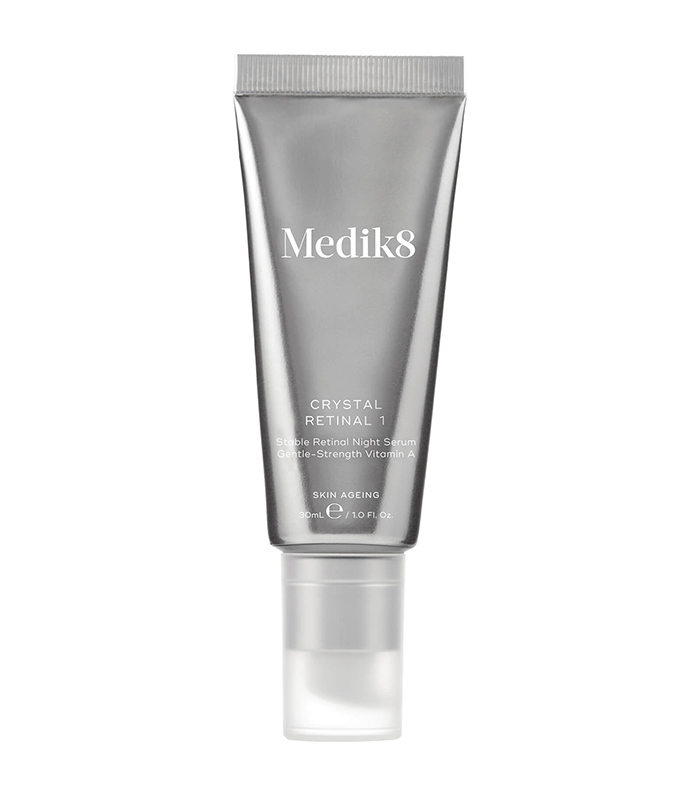
Medik8 is famed for its impressive retinol products, and this one is a real hero. With hyaluronic acid, glycerin and vitamin E, it offers serious hydration to help counteract any potentially drying side effects.
SPF

You don't need us to tell you that it's imperative that you wear SPF every single day, but we're going to do it anyway. Acting as one of the biggest premature skin agers, sun damage can be detrimental to your skin's overall appearance and health. To help avoid pigmentation, fine lines, dryness and many other more serious skin issues, daily SPF application is a must.
And we get it—applying SPF isn't the most enjoyable of experiences. With many formulas of yesteryear leaving behind a white, chalky cast and others making skin look irritated and greasy, SPF has never been considered a particularly glamorous product. However, new formulas and innovations mean that SPF now applies seamlessly onto the skin, so you really have no excuse.
Shop SPF Products
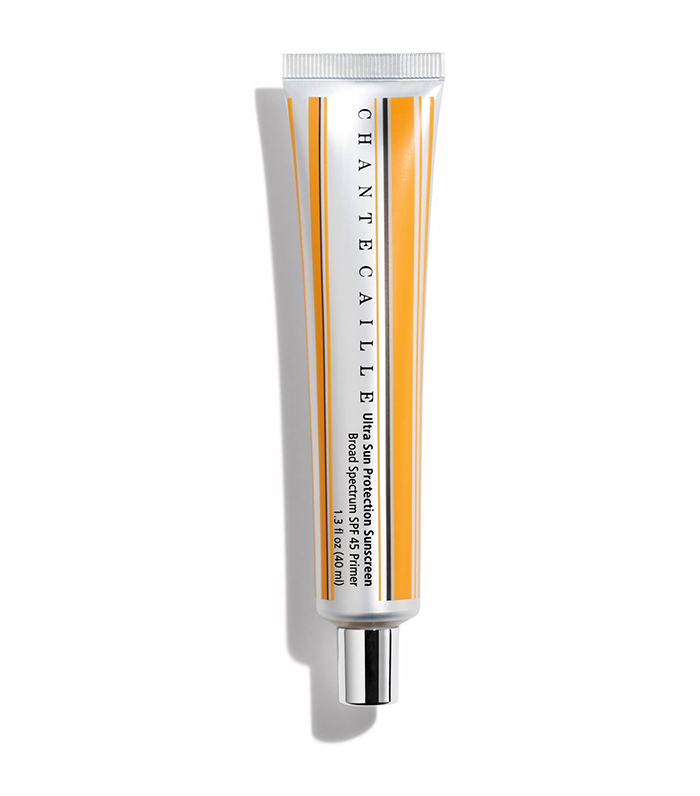
For those that worry about the way their makeup will sit on top of SPF, this primer has high sun protection and provides the perfect base. It leaves skin so glowing and smooth that you'll want to wear it just on its own too.
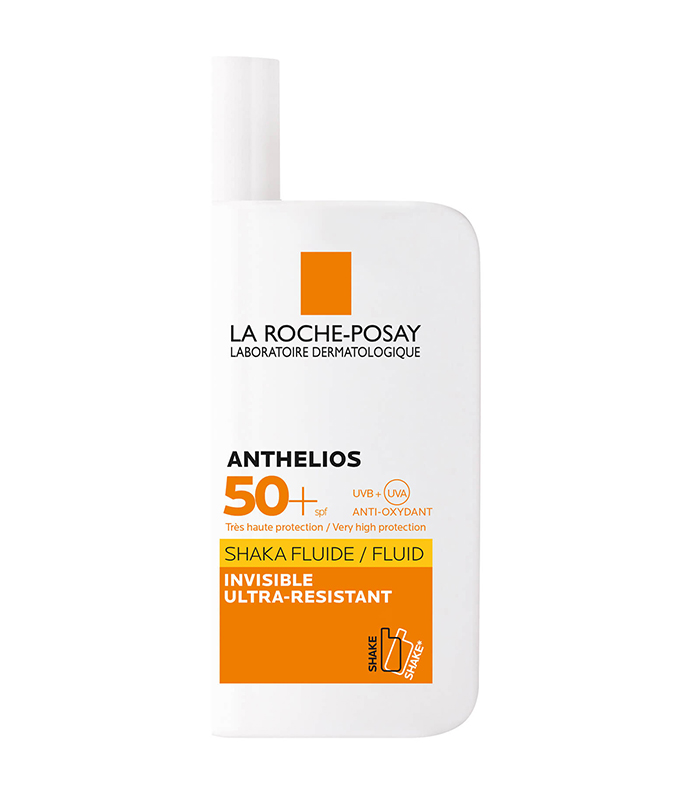
For a second-skin SPF, there are very few products that beat this. It's lightweight and thin, but that doesn't mean it's any less hardwearing. Plus, it gives the most gorgeous glow underneath makeup.
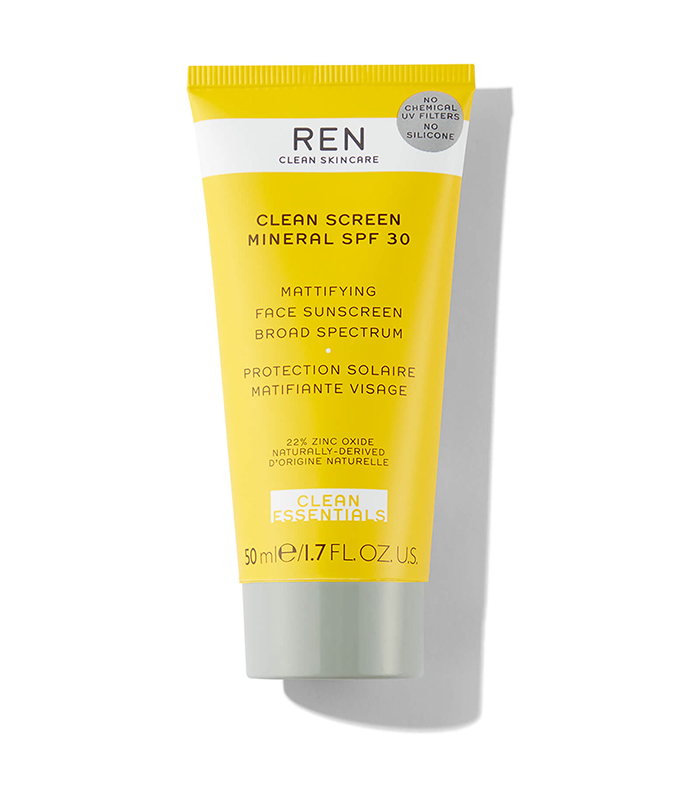
If you have naturally quite oily skin, SPF can often worsen the situation. Opting for a matte-finish formula like this one from REN can make all of the different. It's thick and creamy but leaves behind almost no residue.
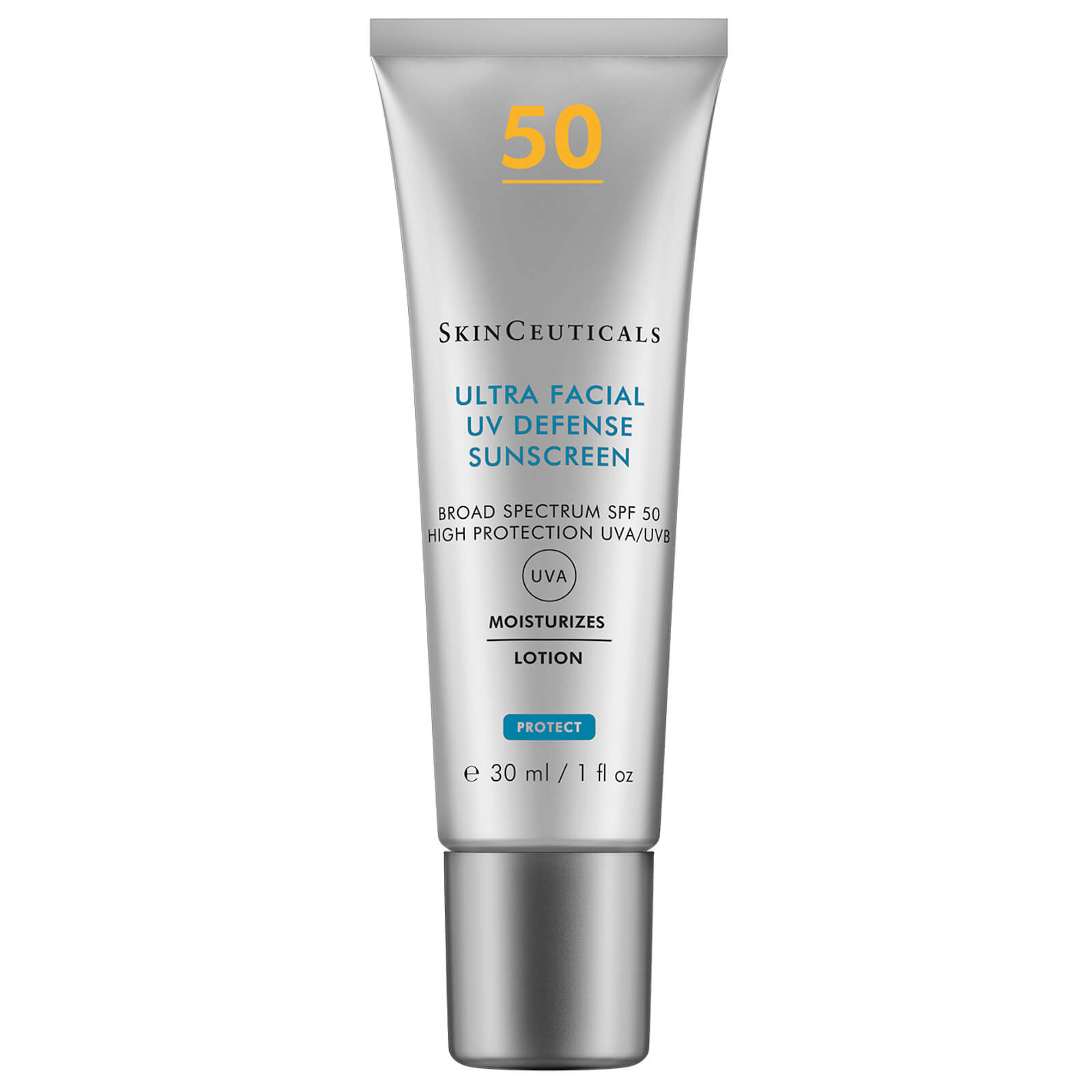
Once again, this is another great option for those that hate the feeling of suncream on their face but need maximum protection. It's so great that it just feels like you could be applying any other skin product.
Opening image: @kimseidensticker
Next up, these are spring's most important beauty trends.
Shannon Lawlor is the beauty director at Who What Wear UK. With over a decade of experience working for some of the beauty industry’s most esteemed titles, including Marie Claire, Glamour UK, Stylist and Refinery29, Shannon’s aim is to make the conversation around beauty as open, relatable and honest as possible. As a self-confessed lazy girl, Shannon has an affinity for hard-working perfumes, fool-proof makeup products and does-it-all skincare.
-
 Derms Agree: This Is the Best Way to Avoid a Retinol Purge
Derms Agree: This Is the Best Way to Avoid a Retinol PurgeKeep breakouts at bay with these pro tips.
-
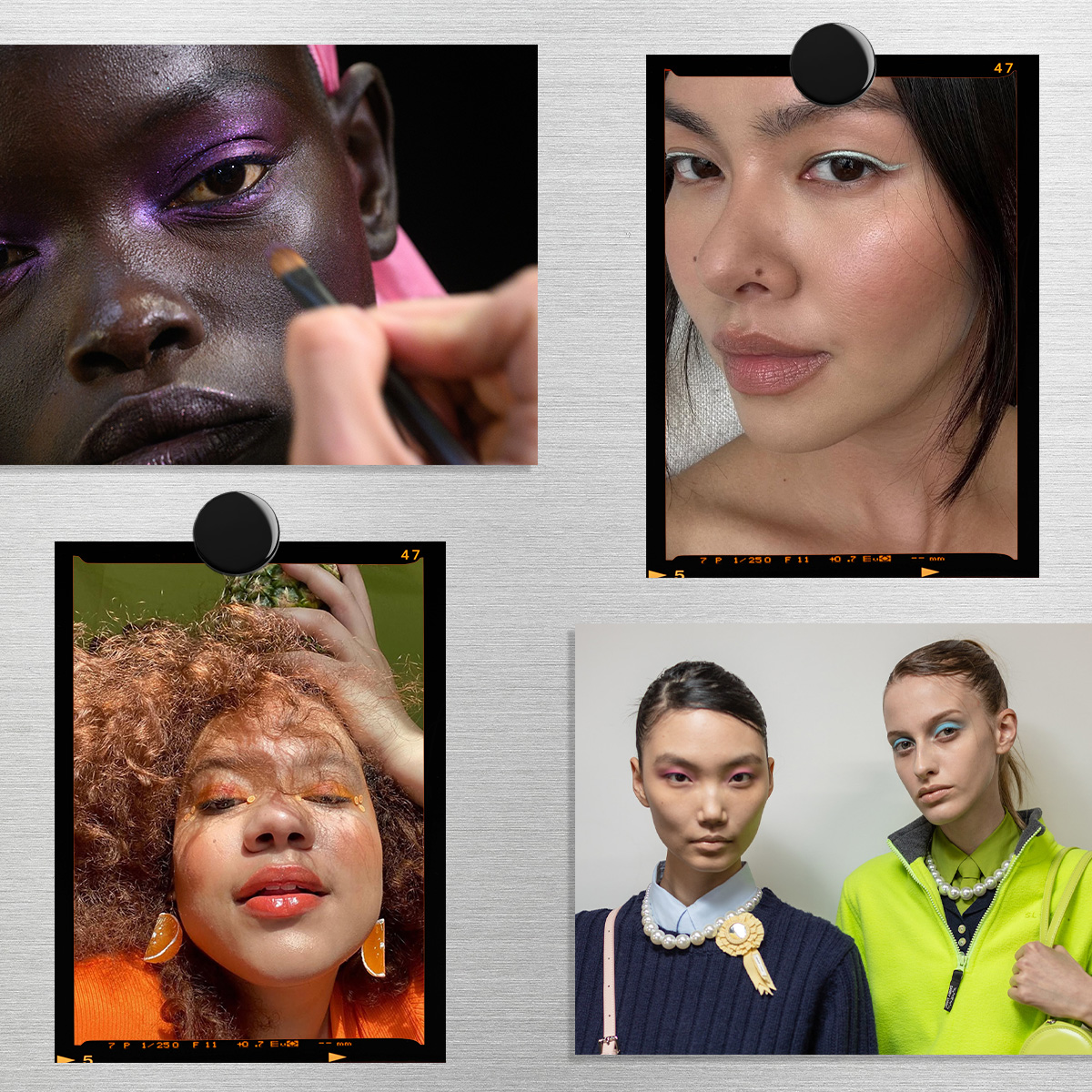 Inside the Brain of a WWW Beauty Editor—5 Summer Mood Boards With Endless "Add to Cart" Potential
Inside the Brain of a WWW Beauty Editor—5 Summer Mood Boards With Endless "Add to Cart" PotentialYour warm-weather inspo awaits.
-
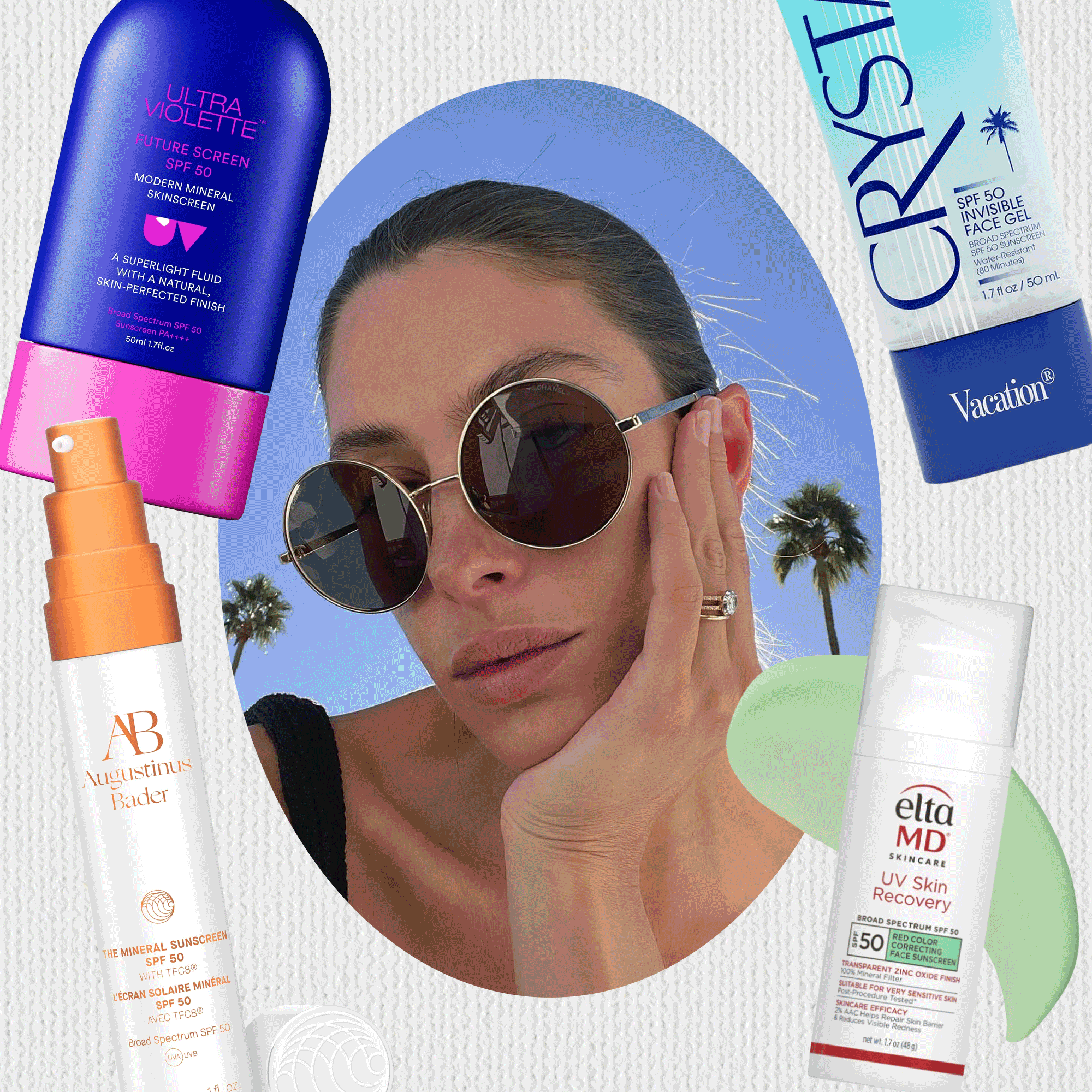 It's About to Be Hot and Sunny—TG—So Allow Me to Introduce You to 2025's Best New Sunscreens
It's About to Be Hot and Sunny—TG—So Allow Me to Introduce You to 2025's Best New SunscreensDon't settle for a subpar SPF.
-
 This SPF Smells So Good It Had a 1700-Person Waiting List—Now There's a White Lotus–Coded Perfume to Match
This SPF Smells So Good It Had a 1700-Person Waiting List—Now There's a White Lotus–Coded Perfume to MatchCrisp, indulgent, and yacht-inspired.
-
 Sunscreen Filters Abroad Are Totally Elite—Here's Why They're Not Available in the U.S. Yet
Sunscreen Filters Abroad Are Totally Elite—Here's Why They're Not Available in the U.S. YetIt's a bummer, but I have hope.
-
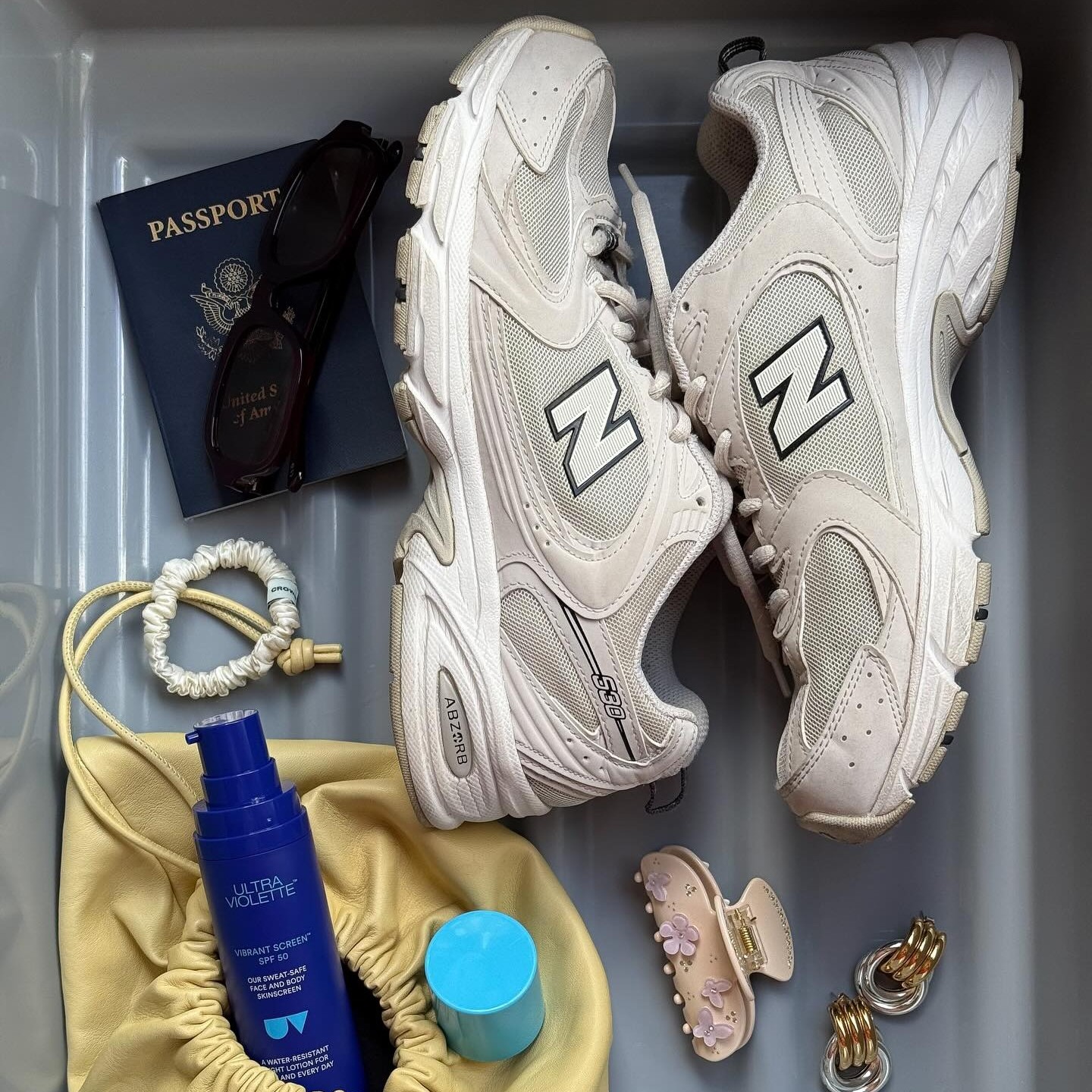 This SPF Is a Must-Get in Paris and London—Beauty Editors Are Going Feral for Its U.S. Launch
This SPF Is a Must-Get in Paris and London—Beauty Editors Are Going Feral for Its U.S. LaunchRun, don't walk.
-
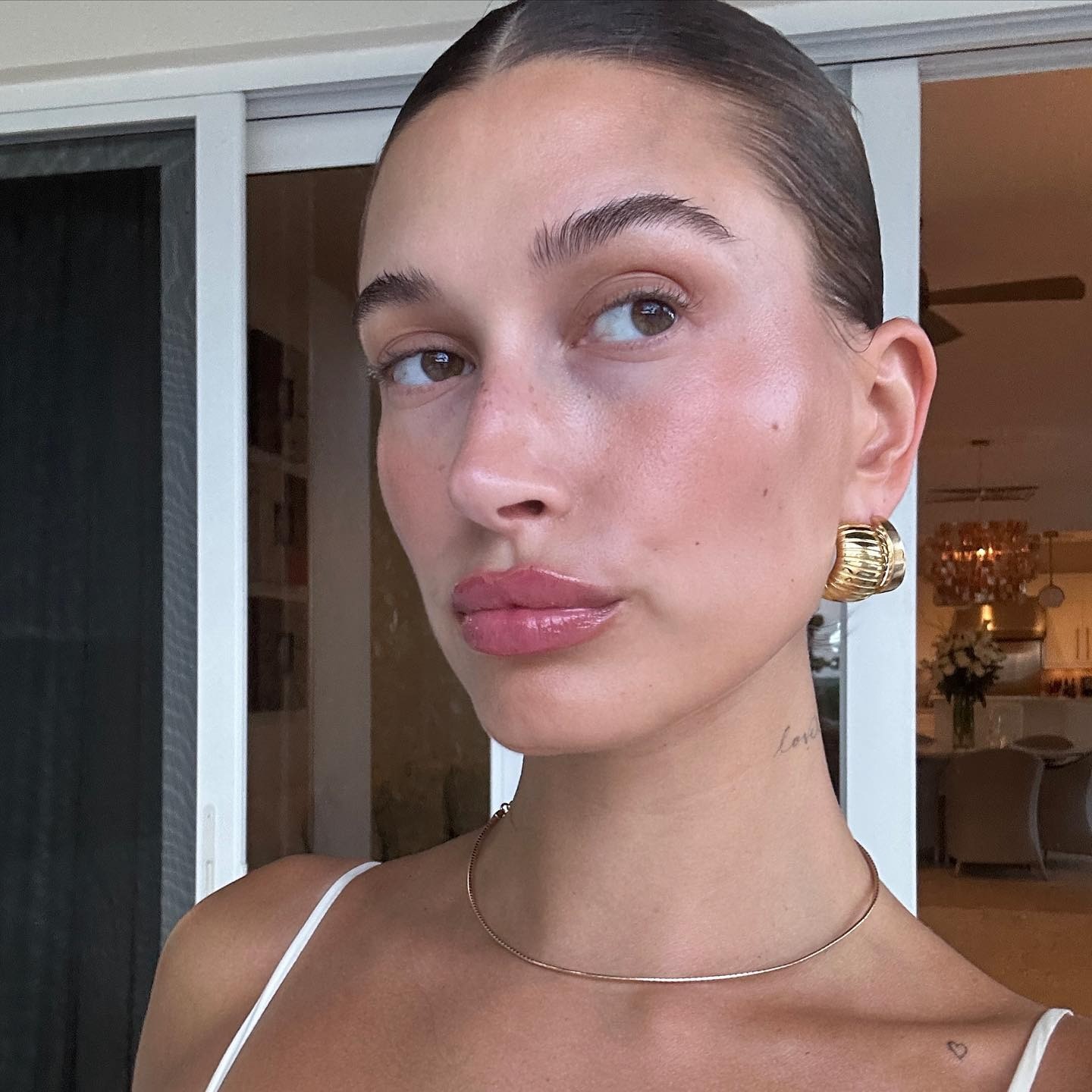 Hailey Bieber's "Holy Grail" Vitamin C Serum Just Became the Ultimate Multitasker for Skin Aging
Hailey Bieber's "Holy Grail" Vitamin C Serum Just Became the Ultimate Multitasker for Skin AgingSkin brightening, supercharged.
-
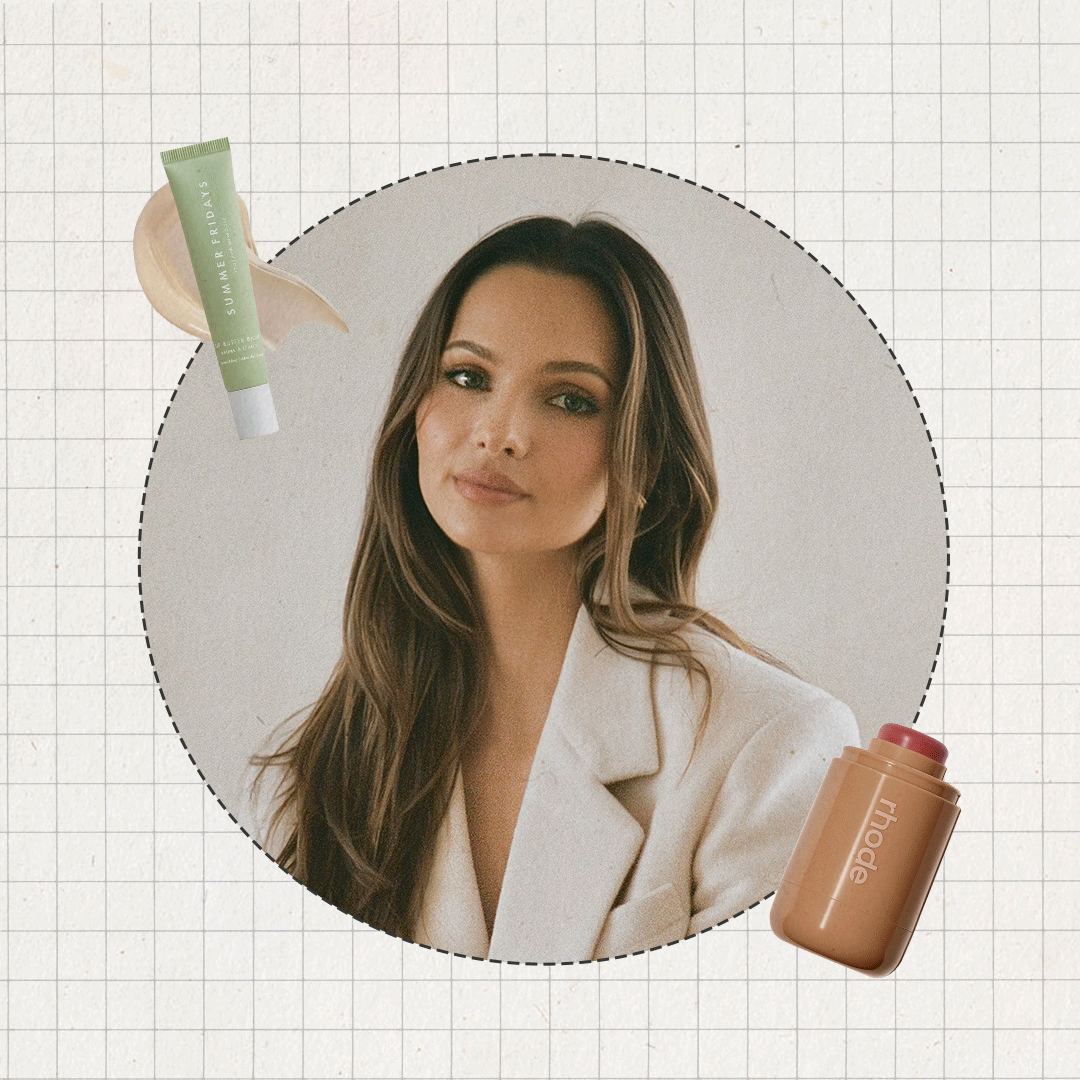 Pia Mance Always Looks Chic—10 Beauty Buys She Says Are the Key to Elegance
Pia Mance Always Looks Chic—10 Beauty Buys She Says Are the Key to EleganceIncredible stocking stuffers ahead.

